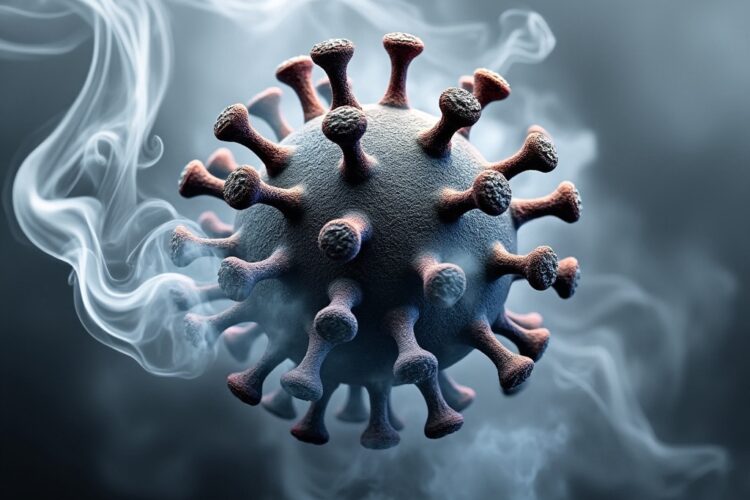Nicotine interacts with receptors that could modulate immune response against COVID-19, suggesting a potential protective effect. However, epidemiological data shows mixed outcomes, with smoking generally linked to worse COVID-19 results. The idea of nicotine as therapy exists but is overshadowed by its health risks. Misinformation abounds, necessitating careful scientific communication. Overall, nicotine isn’t recommended for COVID-19 prevention or treatment due to its harmful effects.
Long Version:
The Nicotine and COVID-19 Conundrum: In-Depth Analysis
The relationship between nicotine and COVID-19 has sparked both scientific inquiry and public intrigue, leading to a complex narrative that requires careful dissection.
Mechanisms of Interaction
Nicotine interacts with nicotinic acetylcholine receptors (nAChRs), particularly the α7 subtype, which are found not just in the nervous system but also in immune cells. This interaction can modulate immune responses, potentially reducing the ‘cytokine storm’ associated with severe COVID-19 outcomes. The theory suggests that nicotine could competitively inhibit the SARS-CoV-2 virus by occupying ACE2 receptors, which the virus uses for cell entry. However, this mechanism, while biologically plausible, has not been conclusively proven in clinical settings.
Epidemiological Observations and Studies
- Smokers and COVID-19: Initial observations showed an unexpectedly low prevalence of smokers among hospitalized COVID-19 patients, leading to hypotheses about nicotine’s protective effects. However, this data is observational and riddled with confounders. More comprehensive studies, including meta-analyses, have since shown that smoking is generally associated with worse COVID-19 outcomes, particularly among younger adults, contradicting earlier assumptions of a protective effect.
- Smokeless Tobacco: A study involving users of smokeless tobacco indicated a slightly elevated risk for COVID-19 among these users, challenging the nicotine protection hypothesis. This suggests that any potential benefit from nicotine might be overshadowed by other health risks or behaviors associated with tobacco use.
Therapeutic Potential and Public Perception
- Nicotine as Therapy: Interest in nicotine’s therapeutic potential has led to discussions about its use in controlled forms like patches for COVID-19 symptom management or prevention. However, translating this into clinical practice faces significant hurdles due to nicotine’s addictive properties and cardiovascular risks.
- Misinformation and Misinterpretation: There is a mix of genuine curiosity and misinformation regarding nicotine’s effects on COVID-19. Public interest in nicotine’s protective capabilities often lacks the nuance of scientific debate. This has led to situations where the narrative of nicotine being protective has been misused or misunderstood, potentially encouraging tobacco use.
Critical Considerations
- Health Risks of Nicotine: Even if nicotine were found to offer some protection against COVID-19, its well-documented negative health impacts, including addiction, cardiovascular issues, and potential carcinogenic effects when consumed through non-tobacco products, cannot be overlooked.
- Scientific Inquiry: The scientific community remains cautious. While there are mechanisms by which nicotine might interfere with COVID-19 infection or progression, these are not yet sufficient to recommend nicotine use as a preventive or therapeutic measure. The focus remains on vaccination and proven public health measures.
Note:
The discourse around nicotine and COVID-19 underscores the need for nuanced understanding and communication of scientific research. While there’s a biological basis for how nicotine might interact with COVID-19 pathways, current evidence does not support nicotine or smoking as protective against COVID-19. Instead, the focus should remain on established preventive measures and treatments. Public health messaging must counteract misinformation, emphasizing the detrimental effects of tobacco use while exploring nicotine’s pharmacological properties in a controlled, therapeutic context, if at all.






